
Precision Medicine in Oncology
Latest News
Latest Videos

CME Content
More News
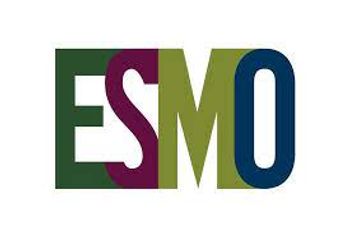
In May, results showed that cemiplimab (Libtayo, Regeneron/Sanofi) produced significant benefits: a 31% reduction in the risk of death and a 25% reduction in the risk of disease progression.

Patients with EGFR Exon20 insertion+ non–small cell lung cancer (NSCLC) make up approximately 1% to 2% of patients with NSCLC and have lacked treatment options.

According to researchers, new findings may have important implications for expanding the use of measurable residual disease (MRD) in multiple myeloma.

Study authors found that knowing a patient’s minimal residual disease status can help pinpoint the right multiple myeloma therapy to improve overall and progression-free survival.

A review looks at techniques to monitor minimal residual disease (MRD) in patients with multiple myeloma (MM).

The study, using a BCR/ABL1 assay, found that the novel method is able to detect minimal residual disease (MRD) in a larger range of patients compared with quantitative real‐time polymerase chain reaction, the method currently used to detect MRD.

The genomic alterations in prostate cancer were detected from tissue biopsies of primary tumors and metastatic sites as well as from liquid biopsies of circulating tumor DNA, the latter of which has emerged as an increasingly popular method for genomic analyses across various types of cancer.

Circulating tumor DNA (ctDNA) is a noninvasive way to identify mutations that may impact treatment decisions, according to a study of patients with metastatic colorectal cancer (mCRC).
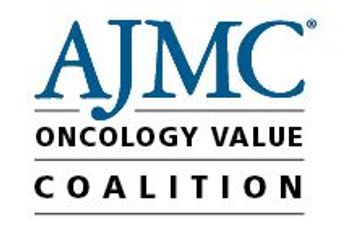

A meta-analysis showed adding trastuzumab to chemotherapy for the treatment of early-stage, HER2-positive breast cancer could cut deaths worldwide; a researcher discusses the promise of enfortumab vedotin for advanced urothelial cancers; more research is needed in rare genomic alterations in subsets of colorectal cancer (CRC).

Using next-generation sequencing (NGS) in clinical workflows may help address disparities in uterine cancer, which has a higher mortality for Black women.

The analysis included 64 cost-effectiveness analysis scenarios across more than 30 studies between 2009 and 2019, approximately half (53%) of which determined precision diagnostic testing to be cost-effective.

Researchers were able to use a next-generation sequencing assay to not only monitor minimal residual disease (MRD), but also to confirm diagnosis of cutaneous T-cell lymphoma, which can present as more benign conditions early on.

Understanding of precision oncology has grown among patients, according to the researchers, who explained that in 2012, less than 50% of surveyed patients knew what “precision oncology” meant.

Dynamic measurable residual disease (MRD) can be used to optimize postremission treatment for young patients with acute myeloid leukemia (AML).

Researchers have found that the number of variants a patient had in their plasma had prognosis implications, with circulating cell-free DNA mutational load having a significant association with overall survival.

Christopher Arendt, PhD, head, Oncology Therapeutic Area Unit, Takeda, speaks on the success of tyrosine kinase inhibitors (TKIs) in the treatment of blood cancers and efficacy implications of these therapies for solid tumor cancers.

Based on difference-in-difference (DID) analysis, genomics-informed treatment increased time to treatment discontinuation by an estimated 3 months and increased costs by an estimated C$90,000—equivalent to approximately US$72,000—compared with standard care treatment.

In part 7 of the Oncology Value Coalition webinar, experts from City of Hope and Highmark discussed telehealth and the role of remote care.
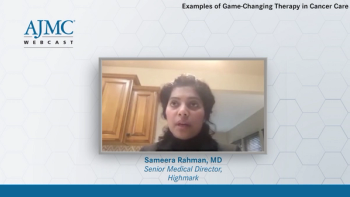
In part 6 of the Oncology Value Coalition webinar, experts from City of Hope and Highmark discussed examples of game-changing therapy in cancer care.
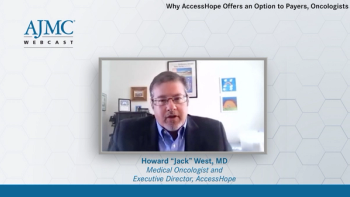
In part 5 of the Oncology Value Coalition webinar, experts from City of Hope and Highmark discussed why AccessHope offers an option to payers and oncologists.
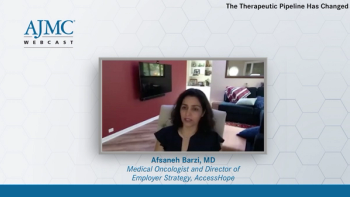
In part 4 of the Oncology Value Coalition webinar, experts from City of Hope and Highmark discussed how the therapeutic pipeline has changed.
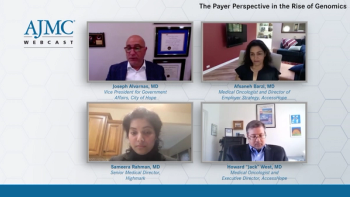
In part 3 of the Oncology Value Coalition webinar, experts from City of Hope and Highmark discussed the payer perspective in the rise of genomics.
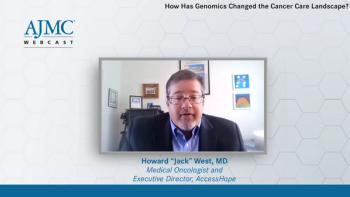
In part 2 of the Oncology Value Coalition webinar, experts from City of Hope and Highmark discussed how genomics have changed the cancer care landscape.
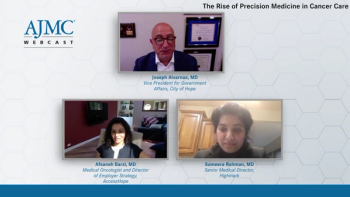
In the latest Oncology Value Coalition webinar, experts from City of Hope and Highmark discussed designing genomic testing in cancer care.













